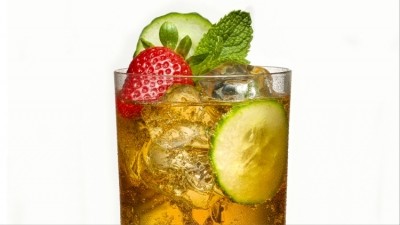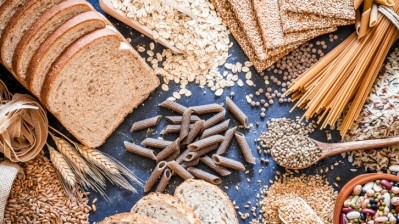News
Manufacturers hit back at 'unhealthy' food sales report

The analysis – conducted by the University of Oxford on behalf of the charity Bite Back – found that more than two-thirds of the packaged food and drinks sales for seven of the 10 business investigated came from products classed as high in fat, sugar or salt (HFSS).
Of these businesses, two (Ferrero and related parties and Mondelez International) took nearly all the food and drink sales from HFSS products. Only two business in the top 10 took less than a third of their sales from ‘unhealthy’ products.
In response to the report, most manufacturers emphasised their work to manage portion sizes and the education they try to provide consumers on how to include their products into a healthy diet.
Positive change
A Nestlé spokesman told Food Manufacture: “At Nestlé, we understand the need for positive change within the food system, as well as our role in the process. We are not as reliant on unhealthy product sales, as the report suggests.
“We published data regarding the status of our entire portfolio with HFSS products accounting for 27% of our portfolio in 2022. This report excludes the sales of more than half of our products in scope of the UK Nutrient Profiling Model including coffee and coffee mixes which are more than 98% non-HFSS.
Nestlé also highlighted its ambitions to grow the sales of the more nutritious part of its portfolio, among other initiatives as part of its global nutrition strategy, as well as its strict marketing to children policy.
“The huge discrepancy between this report and our published data is due to a vastly different scope, diverse methodologies and inconsistencies in HFSS calculations and demonstrates the importance of a consistent approach to reporting,” the spokesman added.
‘Harmonising the industry’
“We are supportive of transparent reporting and welcome any efforts to help harmonise industry reporting. We also hope our voluntary actions and commitments will inspire the rest of the industry and help facilitate a wider collaboration to improve the food system all together.”
Ferrero were also quick to point out its work to provide consumers with portion sizes and dietary advice.
“As a responsible company, Ferrero offers shoppers high-quality products in small, often individually wrapped portions with clear nutritional labelling. In fact, more than 90% of our products come in portions with less than 150 calories,” explained a spokesman for the manufacturer. “We also support with education on how to enjoy these treats as part of a balanced lifestyle.
“We are disappointed that Bite Back's analysis has not taken into account the important role of small portion sizes within an overall diet. In addition, Bite Back’s analysis features data from mid-2022 and therefore does not include our non HFSS product ranges which have been subsequently introduced.”
Reformulation and portion control
Kellanova, owner of the Kellogg’s and Pringles brands, also highlighted its attempts to control portion sizes and its reformulation work.
“We offer a broad range of products to meet our shoppers’ needs, whether that’s a tube of Pringles to share with friends, a family breakfast cereal that’s lower in sugar or an indulgent cereal for a treat,” said a Kellanova spokesman.
“We understand we have a role to help people make healthier choices. That’s why since 2011, we’ve reduced sugar across our cereals by 18% and salt by 23%. Four out of our five top-selling cereals are non-HFSS.”
Bite Back made a number of recommendations for food businesses on the back of the report.
First, it called on businesses to set and report on a healthier sales target as a proportion of total volume sales and based on the 2004.2005 Nutrition Profiling Model.
Its next recommendation was for advertising of HFSS to be phased out, coupled with the introduction of clear and transparent labelling – including colour-coded front-of-pack labelling and the removal of health and nutrition claims or cartoon and brand equity characters on unhealthy products.
Finally, by 2024, set a 1.5°C aligned target verified by SBTi for all greenhouse gases and including scope 3 emissions, cutting emissions by 50% by 2030 and reaching net zero no later than 2050.
















